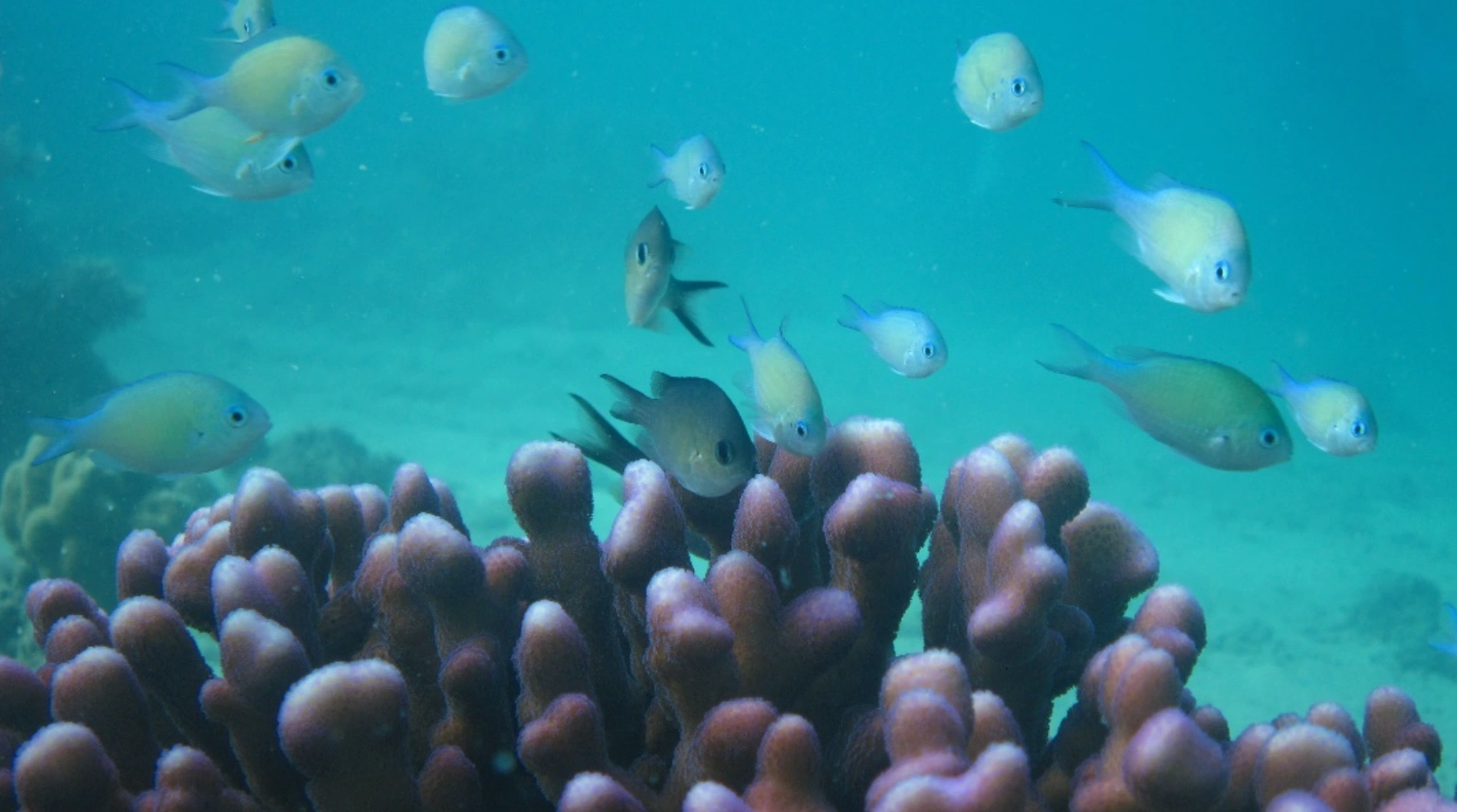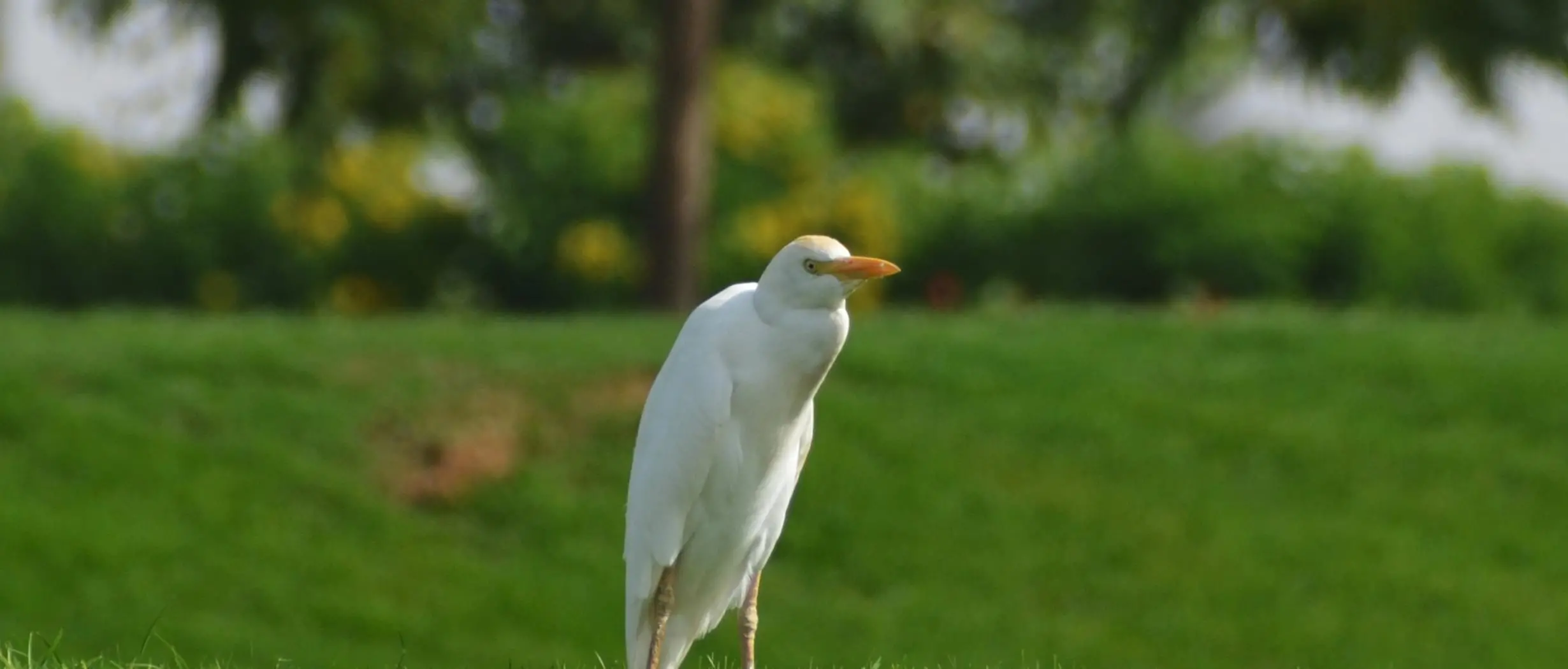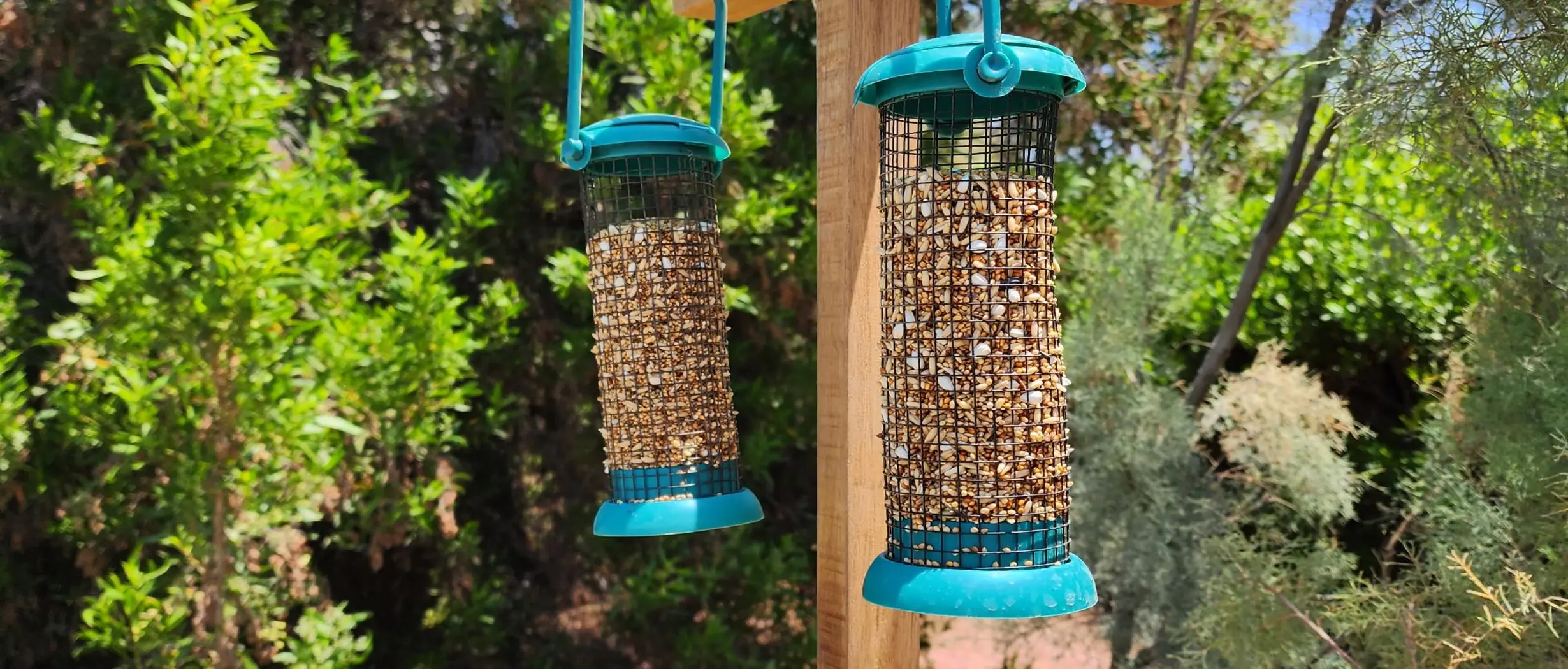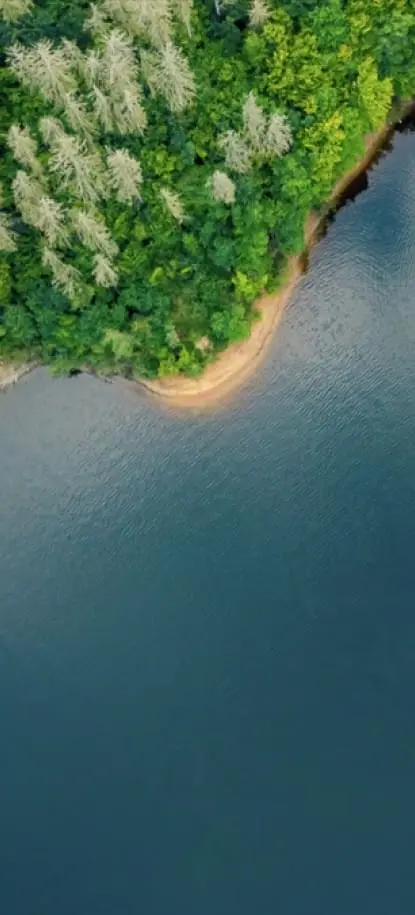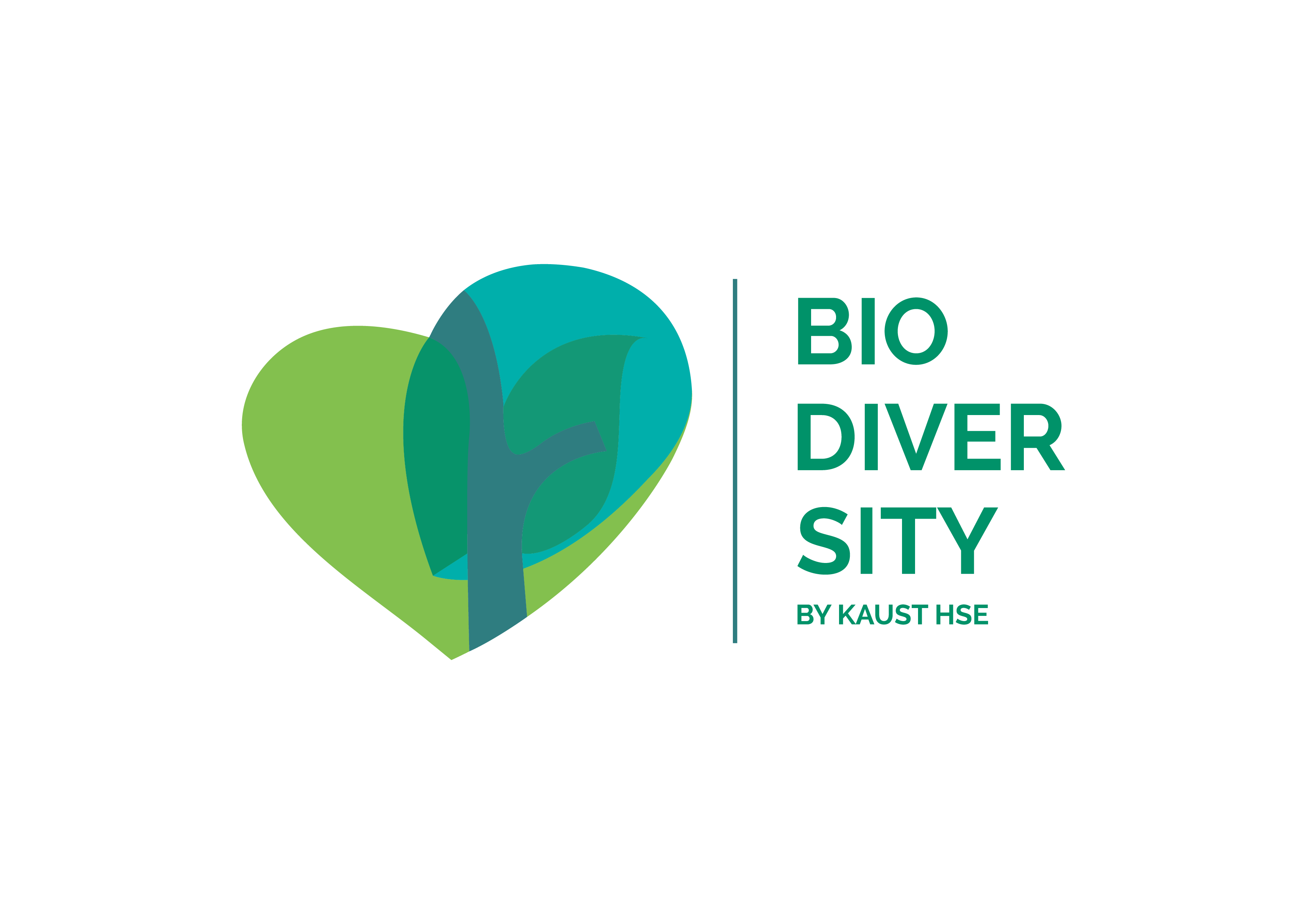




Quick Links:





HSE is dedicated to preserving and promoting biodiversity on its campus to maintain a healthy ecosystem. The university is the custodian of a significant span of coastal water and a unique marine ecosystem. To protect this ecosystem, HSE has established protected areas that provide a safe habitat for native species. In June 2017, the university set aside 152 hectares of mangrove as protected areas to promote biodiversity in the region.
Additionally, scientists in KAUST conduct research on biodiversity, including the impact of climate change on marine life and habitat fragmentation on terrestrial species. Through these efforts, KAUST aims to raise awareness about the importance of environmental conservation and contribute to global sustainability.
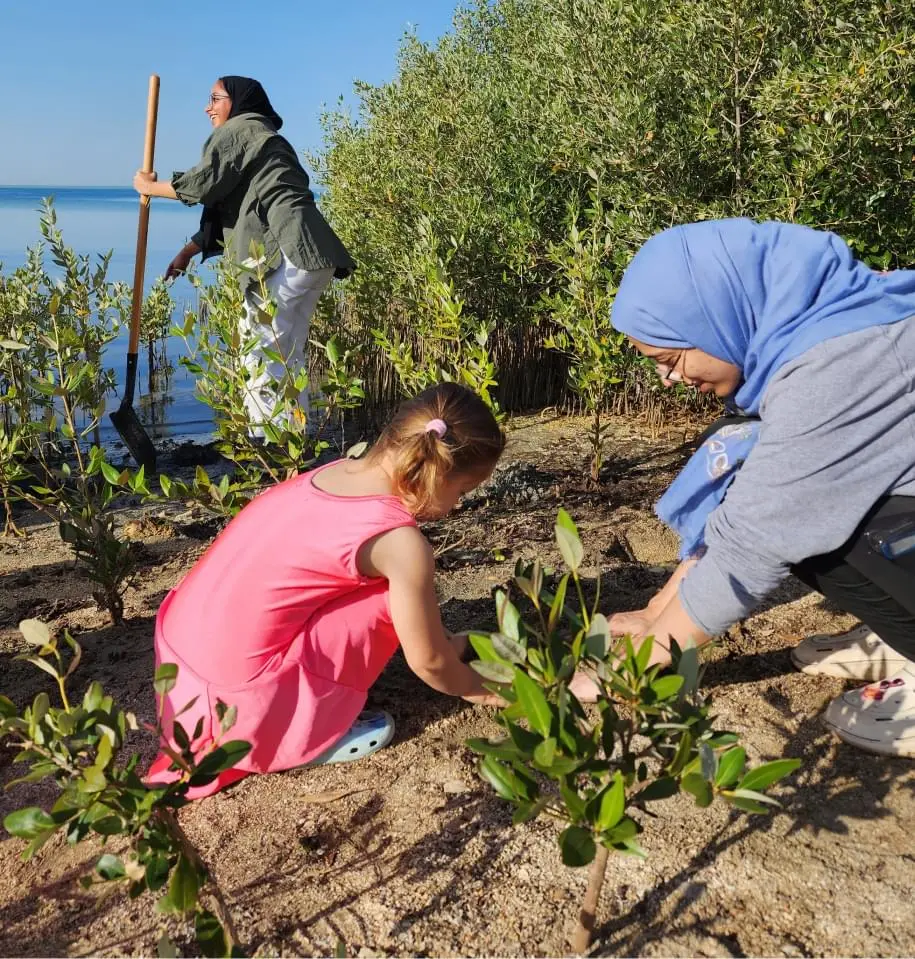
KAUST is home to more than 240 bird species, including both year-round residents and visitors.
This unique aspect of KAUST enhances site biodiversity and is being celebrated by our community.
HSE carries out usual recording of bird sightings and regular community engagement activities.
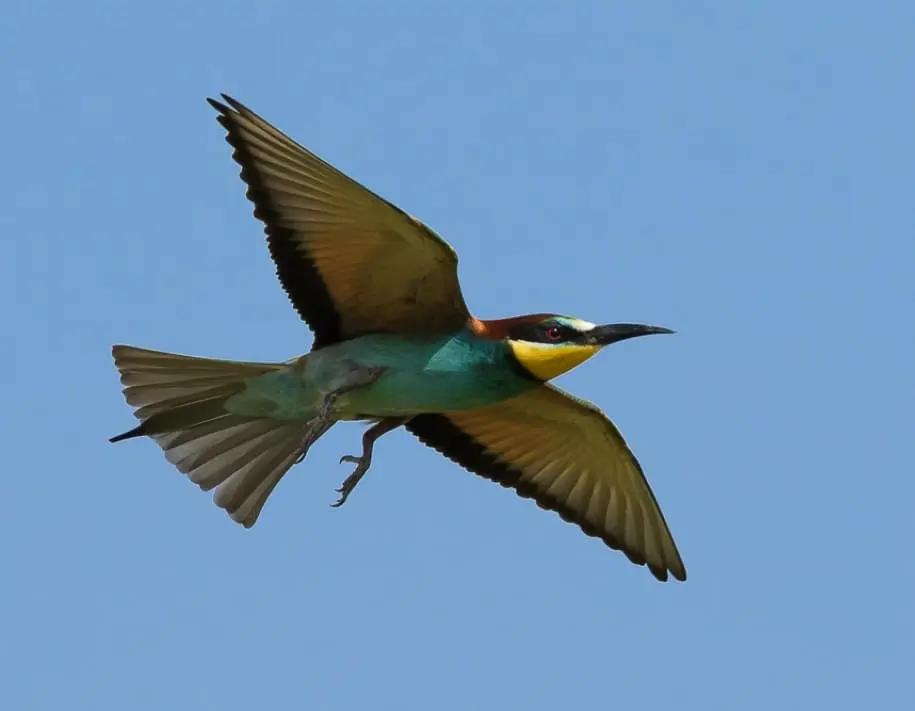
Management of mangroves at KAUST falls under the responsibility of the Health, Safety and Environment Department. Mangroves are salt-tolerant plants with woody roots that grow in shallow coastal waters.
With one "foot" on land and one in the water, these amphibious plants provide food, shelter and nursery habitat for many animals, including birds, crabs lizards, shrimp, molluscs, snails and fish.

KAUST is surrounded by coastal waters that offer incredible marine biodiversity.
Comprising coral reefs, mangroves, seagrass beds and macroalgae (seaweed), the marine ecosystem provides an important shelter and nursery areas for fish and invertebrates. Given this importance,
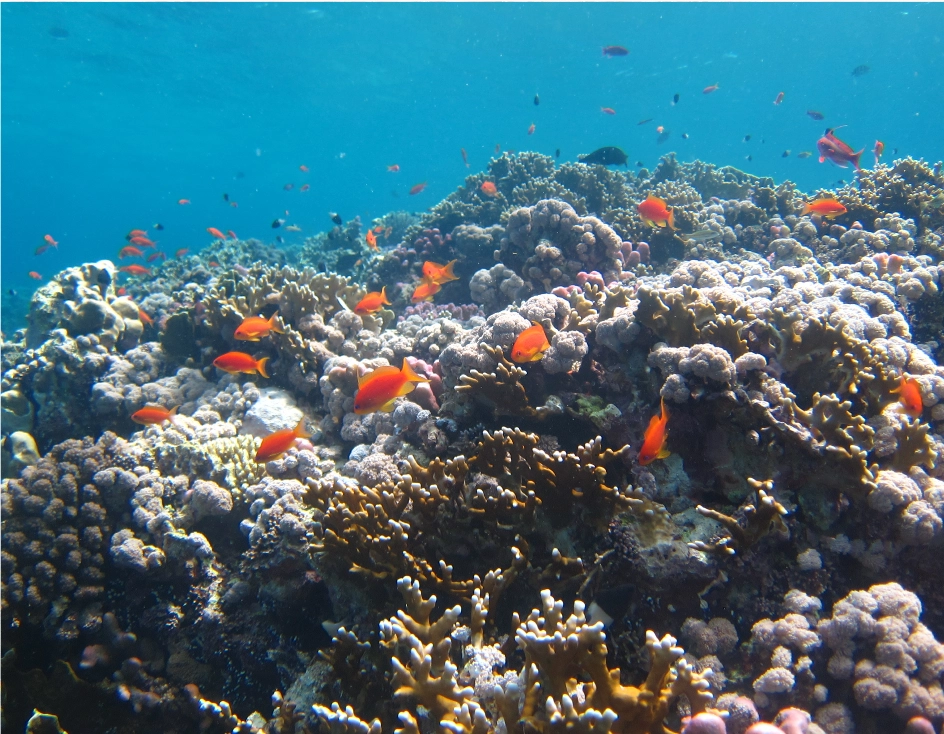
Rich land-based flora biodiversity can be found at King Abdullah University of Science and Technology (KAUST) From parks, gardens, lakes and golf courses to halophytes, sabkha and both sandy and gravel plains, there are a wide variety of habitats catering to the unique needs of varied species.
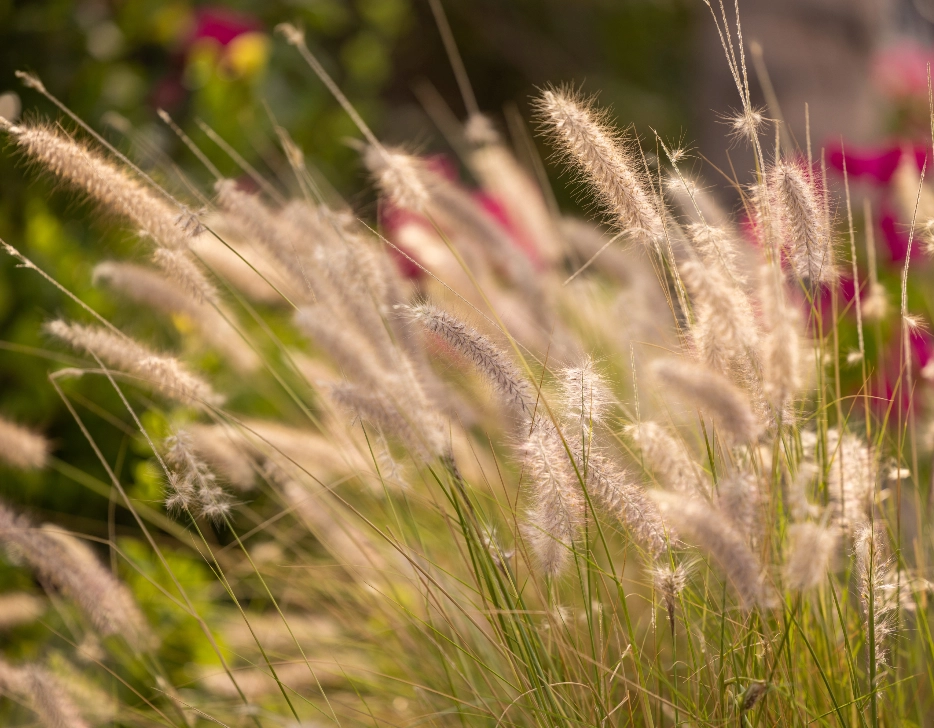
KAUST is the custodian of a significant span of coastal water and a unique marine ecosystem. In June 2017, KAUST set aside 152 hectares as a Nature Conservation Area.
This formal designation is a testament to the University's commitment to protect and enhance the local biodiversity. KAUST delivers educational opportunities for people to learn about the vast benefits these ecosystems provide.






